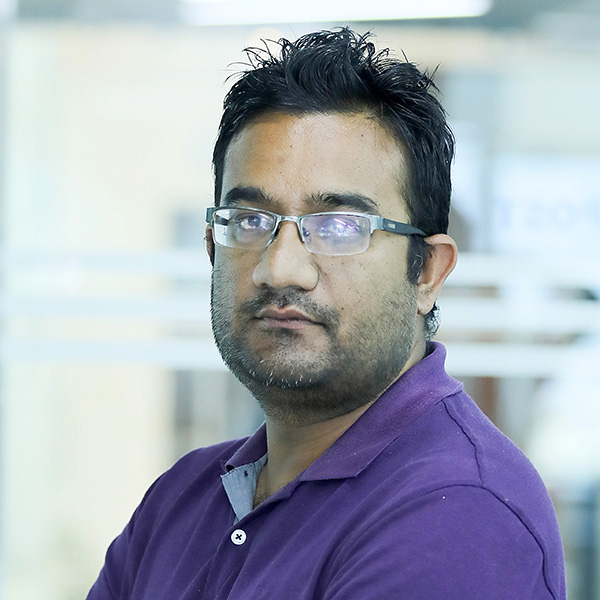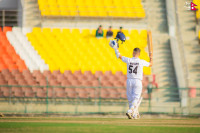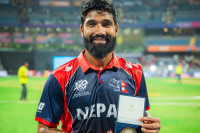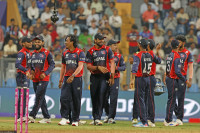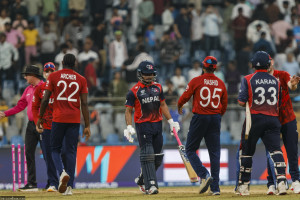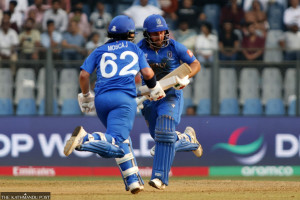Sports
After 12 years in the game, a pat on the back and Rs 5,000 cash
Bipendra Maharjan, who captained the Nepal basketball team for over a decade, says he was lucky; others don’t even get that much.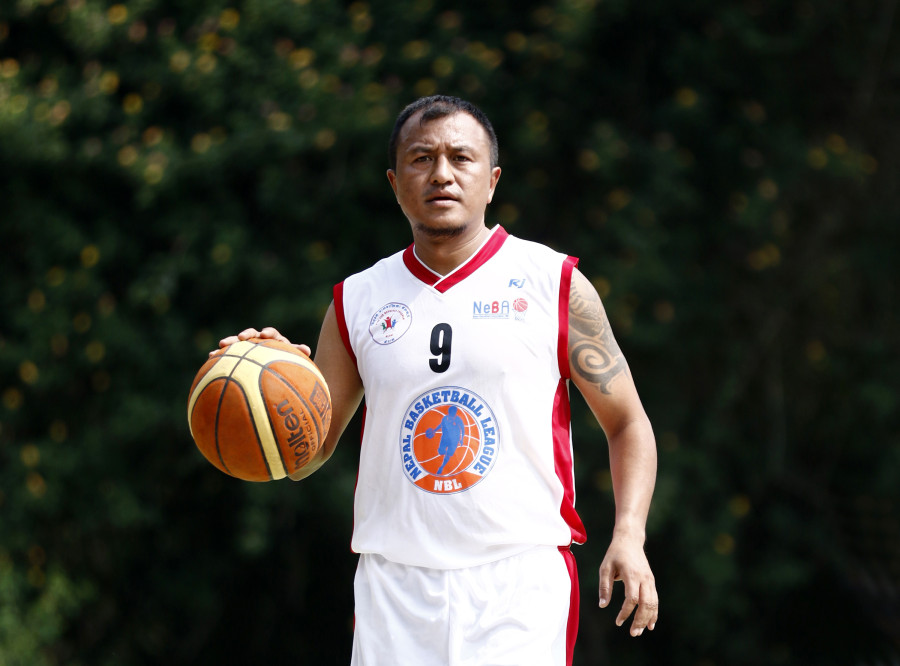
Adarsha Dhakal
When Bipendra Maharjan retired from the national basketball team in 2011, after 12 years of playing for Nepal, the Nepal Basketball Association honoured him—with a certificate of appreciation and Rs 5,000 cash.
Maharjan was, understandably, upset. After playing for the country for more than a decade, he’d expected something more.
"It doesn't feel good when you don't get the honour you deserve,” said Maharjan. “At that moment, we were made to feel like we were nobody. If I go to the association now, I would wonder if everyone will even recognise me."
Maharjan was once captain of Nepal’s first generation of basketball players, a team that played the country’s first international games. But these days, he leads a quiet life as head of physical education at the Kathmandu International Study Centre, a school primarily for the children of expats. The job pays him a good salary but he wishes he’d gotten more from the game he loves.
"I am what I am today because of basketball,” Maharjan said. “Playing basketball made me a good individual."
At 40, Maharjan might be getting slow but the 5' 9" point guard is still a force to be reckoned with on the court. Currently, he forms the core of the Golden Gate International Club basketball team that includes national team members Rajiv Joshi, Binod Shrestha, and Manish Raj Rajopadhyaya along with veterans Karma Gurung and Bikram Dangol. They compete in the Nepal Basketball League, the country’s first and only basketball league.
Last year, his Golden Gate team did wonders when a buzzer-beater from Rajopadhyaya stunned pre-tournament favourites Tribhuvan Army Club in the league final. Maharjan was instrumental in bringing his side back into the game, in what was one of the most competitive match-ups in domestic basketball.
Maharjan has lost count of the number of trophies he’s won in his two-decade-long domestic career, but he’s led teams to titles in almost 80 percent of the tournaments he’s participated in, he says. He was valued as a player, and the Nepal Basketball Association (NeBA) even asked him to come back as a coach. But he refused.
"I can’t afford to leave my job and risk being a coach for a game which doesn’t have a proper calendar nor any programmes to groom youngsters,” he said. “It is better for me to continue with how my life is currently going."
The Nepal Basketball League, which is currently in its second year, is organised by a non-governmental organisation called Play for Deprived Children Nepal; NeBA only provides technical assistance.
Maharjan represents the first generation of Nepali basketball players, in a sport that has always lain in the shadow of cricket and football. When Maharjan was on the national team, they had to train at a private school in Lamatar for their first-ever international tournament—the 2002 South Asian Basketball Association (SABA) Championship, the biggest basketball event in South Asia.
"We didn't even know where we were going to train because the Association didn't have a court. We began training at the Elites Co-Ed School but we could have been relocated any time," said Maharjan.
Seventeen years after appearing in that first international tournament, NeBA still doesn't have a single basketball court. National or international tournaments are held at the National Sports Council’s covered hall, which also hosts about every other sport, including volleyball, badminton and martial arts.
And in those 17 years, Nepali basketball has had little to boast of, except for the three bronze medals it won in the SABA Championship, which doesn't even see the participation of all seven nations from the region. With perennial powerhouse India next door, Maharjan believes that it will be difficult for Nepal to win much of anything unless someone exceptional comes through.
But in order for that to happen, Maharjan says basketball needs a level of support that it doesn’t get.
"Young people aren’t pursuing the game seriously because there’s no prospect for a career,” said Maharjan. “More than 80 percent of talented hoopsters have gone abroad seeking better opportunities.”
The only difference between Maharjan’s prime and now is that today there’s a national league. While even that has yet to become a professional league, it is providing players with great exposure, said Maharjan.
"The youngsters joining the game today are very talented and play with enthusiasm. The pool of good players is gradually getting bigger due to the league,” he said. “But I know they might not get anything in the end—neither from NeBA nor the government.”
Maharjan admits he was lucky—he managed to land a good job that provides enough for his family. But not all players are so fortunate and young people can see that, which is why they don’t choose to pursue basketball as a career.
“I don't think the situation is going to change because the people in the administration are concerned more about their own portfolio than the game or the players,” he said.
Maharjan has always loved to be on the courts and says he feels proud to have represented the country, but what dejects him is that those in charge don’t value the sport as he does.
"Basketball has given me everything and nothing at all," he said.




 10.15°C Kathmandu
10.15°C Kathmandu